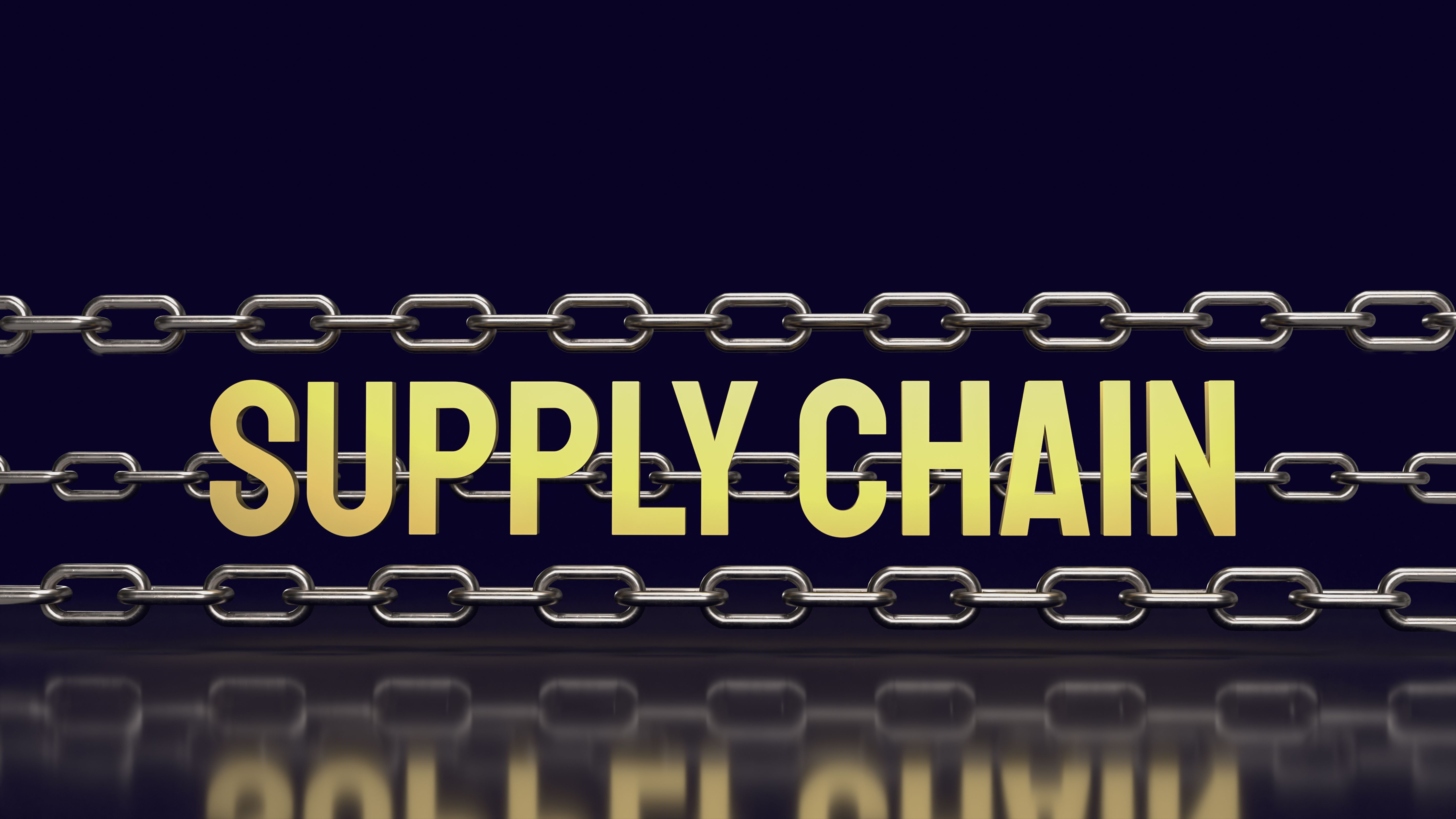Supply chain management is an essential aspect of any business that involves the movement of goods. However, there are issues such as fraud and inefficiency that still plague the industry, leading to significant losses and disruptions in supply chain operations. The solution to these problems could lie in blockchain technology and the various ways it can be used to transform supply chain management. Blockchain can enhance supply chain transparency, security, and efficiency, making it an increasingly popular tool for businesses looking to stay ahead in the industry.
This article will explore 5 key ways blockchain is transforming the supply chain management.

1. Increased Transparency and Traceability
Blockchain technology introduces a breakthrough in enhancing transparency and traceability in supply chains. With its shared, immutable ledger, blockchain ensures the integrity of supply chain data.
Every transaction within a blockchain-enabled network is meticulously and securely recorded, providing a comprehensive view of the entire supply chain. This tamper-resistant ledger allows businesses to track products from supplier to consumer, ensuring authenticity and preventing counterfeiting.
The transparent nature of blockchain enables businesses to quickly identify and address any discrepancies or issues within the supply chain. Additionally, blockchain's transparency supports automated transactions through smart contracts, reducing manual processes and cutting costs.
In industries like pharmaceuticals and food, blockchain ensures products follow regulatory protocols and safety standards, enhancing overall supply chain reliability.
2. Improved Efficiency and Reduced Costs
Blockchain technology significantly enhances supply chain efficiency and reduces costs. By providing an unalterable and transparent ledger, blockchain allows businesses to promptly detect and address discrepancies, saving time and resources.
Blockchain minimises the need for traditional data management, reducing associated costs. Its automation capabilities streamline supply chain operations, leading to further cost reductions.
Real-time blockchain records improve inventory management, allowing businesses to optimise stock levels and reduce waste. In sectors such as food and pharmaceuticals, blockchain ensures the authenticity and safety of products throughout the supply chain.
3. Enhanced Security and Reduced Fraud
Blockchain technology bolsters security and reduces fraud in supply chains. Each transaction is verified by multiple participants, making blockchain data resistant to tampering and ensuring its accuracy.
Blockchain effectively combats counterfeiting by recording product provenance in an immutable ledger, ensuring authenticity from origin to final destination. This transparency builds trust among stakeholders, including suppliers, customers, and logistics partners.
In industries like pharmaceuticals, blockchain ensures product integrity and patient safety by tracking every drug's journey through the supply chain. Additionally, blockchain provides a reliable record of transactions, enabling swift responses to potential disruptions.
4. Streamlined Compliance and Regulations
Blockchain aids businesses in complying with regulations and standards by recording and verifying each transaction within the supply chain. This capability is crucial in industries with stringent regulatory requirements, such as pharmaceuticals and food.
With blockchain, businesses can easily demonstrate regulatory compliance, reducing the risk of penalties. Every step of a product's journey is transparently recorded, providing an immutable record that stands up to regulatory scrutiny.
Blockchain also enhances inventory management, ensuring companies meet regulatory requirements for stock levels, reducing waste, and optimising efficiency.
5. Improved Collaboration and Trust
Blockchain technology enhances collaboration and trust among supply chain participants. With a shared ledger, all parties have real-time access to the same information, reducing disputes and delays.
The verifiability of blockchain transactions fosters trust, especially in global supply chains with diverse participants. Blockchain's transparency supports better cooperation among suppliers, manufacturers, logistics providers, and retailers, leading to more efficient supply chain operations.
Blockchain also supports smart contracts, automating transactions and reducing manual processing time and errors. This capability improves inventory management by providing real-time updates on stock levels and locations, leading to more accurate demand forecasting and cost reduction.

Conclusion
Blockchain technology is revolutionising supply chain management by enhancing transparency, security, efficiency, and collaboration. Its ability to provide a robust, transparent system for managing global supply chains promises a future where blockchain in logistics becomes the norm, ensuring a seamless, efficient, and secure supply chain operation.
Explore the potential of blockchain technology to transform your supply chain and stay ahead in the industry. Contact us today!




